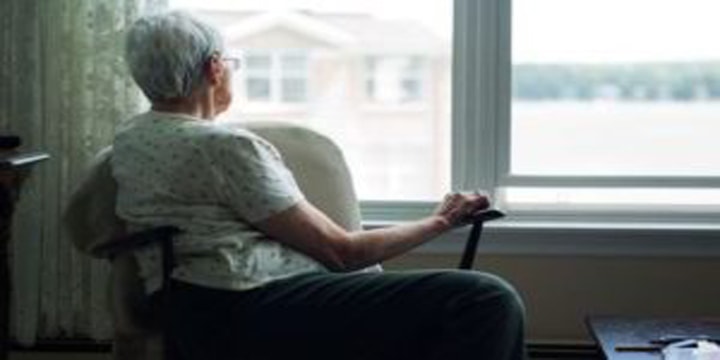“Man is an island.” ~ John Donne (Devotions upon Emergent Occasions)
Whether or not this statement is true, the fact is the pace of modern life has created deep chasms between people. We are getting progressively disconnected from one another in the rat race of life. We are each one of us, prisoners of the idiot box, a tab or a virtual social network. Perhaps it is poetic justice that one of the feelings that this void gives rise to is loneliness. It can brutal, toxic and unending. It may or may not be the fault of the present-day urban setup but it is a fact of life and to all appearances, it is here to stay. However, loneliness, a lot of times, is confused with depression. Elderly people face a lot of problems because of loneliness.
Whereas loneliness is the result of a faulty social construct, depression is a chemical reaction in the brain. You could be standing in the middle of a crowd and still feel lonely. You could be depressed but not lonely because you don’t crave other people’s company. Loneliness and depression are two very different phenomena.
The dictionary meaning of loneliness is – “being without company; cut off from others; sad from being alone.” This, though overlapping in some cases, is not depression. Although, loneliness for a prolonged period of time can certainly lead to depression. The typical symptoms of depression are feelings of hopelessness, worthlessness, helplessness, fatigue and a loss of interest in life. In other words, the overwhelming feeling is one of inability to enjoy life.
Loneliness causes depression even in the elderly. Elderly people, who are cut off from family and friends due to compromised mobility or the busy lives of loved ones, generally end up feeling lonely and eventually isolated and depressed. There are many reasons why social isolation happens in elderly. Support from a strong social network comprising friends and family is essential for staving off these psychological phenomena. Loneliness is insidious health risks like dementia and early death. Depression can lead people to make attempts on their own lives.
If, the next time you are visiting your aged parent or loved one, they happen to mention in passing that they feel sad, stop and think about it. Ask questions. Try to find out why they feel sad. Is it loneliness or has it progressed to depression? Loneliness can be cured. Depression can only be controlled. If they look and seem happy and optimistic in your presence, it is loneliness. If they seem hopeless and disinterested in spite of your presence, it’s depression.
In recent years, a lot of progress has been made in understanding both loneliness and depression. While the pills invented by science cannot cure loneliness, they can make people more receptive to the possibilities of renewed social connections. Depression can be handled with pills. Loneliness can only be handled with love and care. If you have an elderly loved one who is visibly in distress mentally, consult and qualified medical practitioner who is equipped to handle such cases. TriBeCa Care has qualified professionals who will take care of your ageing parents just the way you would.
For further details, visit us at www.tribecacare.com
E-mail us at:enquiry@newwpsite.tribecacare.com or call us on +913366064208.

